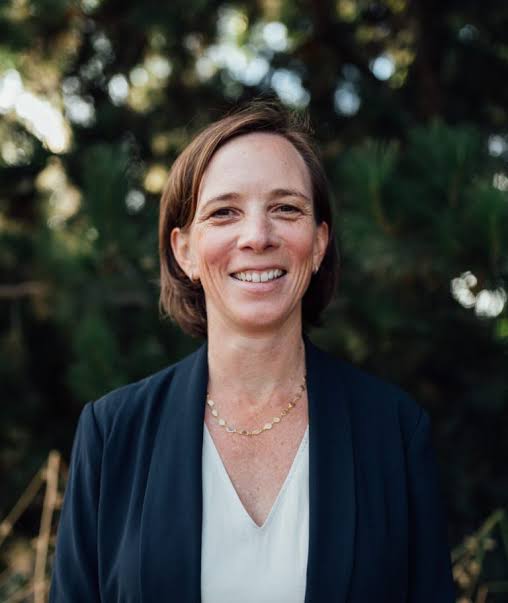By Andrew Cohen

What could the oil and gas industry look like in a climate-safe world? That question fueled a recent $2 million gift from entrepreneur Chris Larsen for an ambitious project led by UC Berkeley Law’s Center for Law, Energy & the Environment (CLEE).
“As a philanthropist and an investor, climate change is my top priority and the challenge is only becoming more urgent,” Larsen says. “We’ve been impressed for a long time with CLEE’s work, and the visionary role UC Berkeley has played on climate and clean energy, so we’re excited about this partnership.”
Larsen is the co-founder, former CEO, and current executive chair of Ripple, which facilitates international payments for banks using blockchain technology.
Tapping broad expertise across campus and throughout multiple sectors, CLEE aims to help reimagine the oil and gas industry in feasible, productive, and strategic ways, which could include increased use of carbon removal, carbon capture and storage, and diversification to alternative fuels and products.
“We’re thrilled Chris chose CLEE to lead the effort,” says Executive Director Louise Bedsworth, who will help engage with community partners, industry, and other experts to develop strategy. “I think it’s a testament to CLEE’s ability to build multidisciplinary teams, develop practical and effective policy solutions, forge productive relationships with policymakers, and convene diverse stakeholders to tackle complex problems.”
With the growing loss of lives and homes from extreme weather events like floods in Texas and fires in Los Angeles compounded by soaring home insurance costs and other harmful effects, Larsen sees the real costs of climate inaction are increasingly showing up in the economy and across society.
“Everyone is paying for the costs of climate disruption except the biggest polluters, who helped to create this mess in the first place,” he says. “That has to change.”
Striving for partnership
The project will explore what that change would look like, and what the role of the oil and gas industry would be in a climate-safe world — how it would need to change, and how communities dependent on oil industry jobs and tax revenues could adapt. Larsen sees a role for industry workers in advanced geothermal systems, and thinks they could help devise ways to capture pollution from the atmosphere.
“This is not about destroying the oil and gas industry, but instead, finding out what kind of transformation is possible,” he says. “These companies employ too many people, and have to be part of the solution somehow. The oil and gas industry has solved some of the most vexing engineering challenges our society has faced, employed some of the most talented scientists and engineers in history, and helped power our global economy. There’s a lot to criticize, but if we’re being fair, there’s also a lot to appreciate.”

Larsen notes some promising trends: battery prices dropping 40% in the last year, solar expanding quickly worldwide, renewable energy prices projected to keep dropping, and roughly half of new cars in China being electric.
As climate impacts accelerate, he says that “people will demand that big polluters pay their fair share for the damages they’ve helped cause — just like health insurers demanded that tobacco companies pay for medical costs associated with smoking.”
While Bedsworth knows it will require “a lot of work to make sure we can do this in an orderly way that supports workers, communities, and develops climate-positive pathways for the industry,” she believes “this project will help to develop that roadmap.”
Last year, Larsen established a UC Berkeley Law fellowship program that funds new graduates in their first year of criminal justice-focused public interest work. While this initiative confronts an entirely different area, he sees a clear common thread.
“Find ways to get unstuck,” Larsen says. “Our society has become so polarized that we can’t acknowledge basic truths. And people have become so angry that we struggle to see the wisdom and dignity in who we often think of as our opponents. If through our philanthropy we can help get unstuck on climate change and criminal justice reform, then we’re happy to help.”